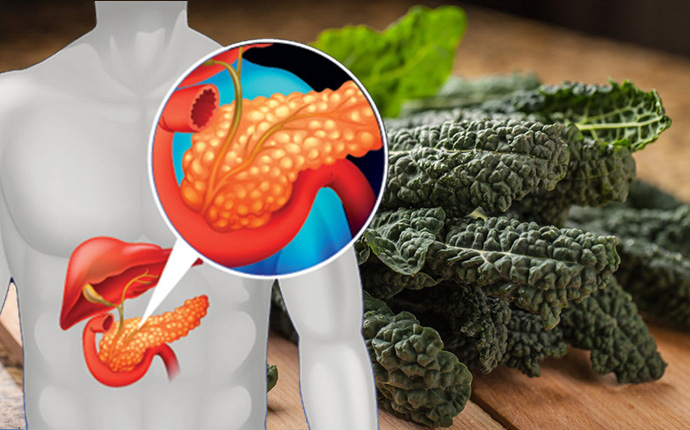Are you eating enough veggies, especially sweet potatoes, carrots and leafy greens? If not, you may need to start adding those up to your diet because a new research shows a clear link between vitamin A deficiency and type 2 diabetes.

Diabetes on the rise
It may seem like diabetes is becoming the biggest epidemic of the twenty-first century. The most common type of this disease is type 2 diabetes, marked by insulin resistance, which is also becoming increasingly prevalent worldwide. This condition is defined by the inability of liver cells, muscles and fat to respond properly to insulin, which leads to overproduction of insulin and in the end, the inability of insulin-producing beta cells to function properly.
A link between vitamin A and diabetes
Researchers at the New York’s Weill Cornell Medical College wanted to find out whether there was a link between type 2 diabetes and vitamin A deficiency, so they conducted a study with two groups of adult mice. One group was genetically modified to be unable to store dietary vitamin A, while the other one was a healthy control group, able to store vitamin A normally from food.
The results showed that the genetically modified mice experienced beta cell death, which means they were unable to produce insulin. Furthermore, when the researchers removed vitamin A from the healthy group, they discovered that this lead to a significant beta cell loss. The good news are that whenever they put vitamin A to the diet of mice, they starting with producing beta cells normally, so insulin production rose steadily too and returning blood glucose levels to normal.
The Takeaway
The results of the study are clear as day – vitamin A deficiency can indeed lead to insulin resistance, which in turn can lead to type 2 diabetes. This, however, can easily be reversed simply by consuming more of the vitamin A-rich foods. It’s good to know that there are two types of vitamin A:
- Preformed vitamin A (retinol), present in fish, poultry, red meat and dairy products;
- and Pro-vitamin A (beta-carotene), present in sweet potatoes, carrots, leafy greens, squash, etc.
Experts recommend a liberal consumption of pro-vitamin A, so lots of veggies and fruits, and a moderate consumption of preformed vitamin A, so go easy on meat and dairy.



















